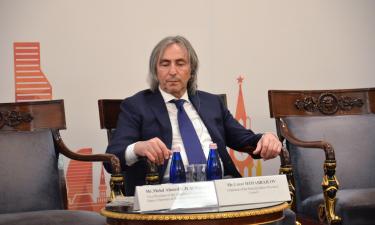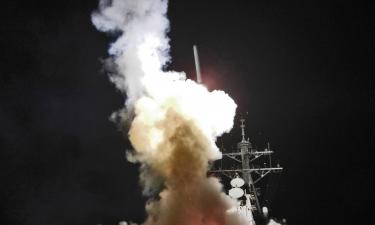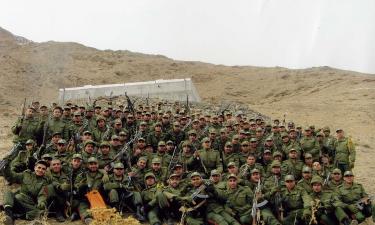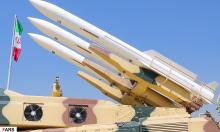Peru Lifts State Of Emergency, As Crisis Goes On
Civil and political rights have been reinstated in most of the country. Last week, the cabinet officially resigned
Political and social tension remains high in Peru, despite President Toledo's efforts to end labor unrest that brought this South American country to a standstill since last month. In an attempt to create the conditions to negotiate with the unions in strike, Toledo Thursday lifted the state of emergency in most of the country, but will remain it in effect in those areas where the Maoist Shining Path guerrillas are allegedly active.
The suspension of public meetings and demonstrations had been widely criticized by Peruvian and international public opinion, while it was broadly broke by marches all over the country. Teachers, farmers and health workers went on with the protests against government's intention to freeze salaries and implement IMF designed austerity measures.
As draconian measures to crackdown protests failed, Toledo is now aiming to come back to the negotiation table. Therefore, asked the questioned full cabinet to submit its resignation to have free hands to remove all or part of the ministers. Mr Toledo is said to be holding consultations in search of a new cabinet to deal with the political and social crises that have dogged his government since he was sworn in nearly two years ago.
According to the last surveys, Toledo's popularity fell to 11 per cent last month after declaring the state of emergency. The questioned head of state has also lost support from part of his movement, Peru Posible, after its prominent legislators refused to approve a tax hike to pay striking teachers.
According to sources in Lima, Toledo is trying to negotiate a new coalition cabinet with the opposition. However, talks are in standby, as the proposed names to occupy vacant charges were rejected by Toledo's main political allies in Government. In the meantime, the main opposition force, the powerful APRA party headed by the former President Alan Garcia, is said to be politically isolating Toledo to put him into a dead-end.
Main controversy came as President Toledo desperately looks for an agreement to appoint a new chief of cabinet. He even suggested that the prestigious writer Mario Vargas Llosa could take office as a way to legitimate his trembling administration, but all presidential efforts were in vain until Thursday.
All in all, it is clear that Toledo has not much time to make the badly needed changes to keep his Government alive. In what he called a "breaking point" in Peru's history, the political leader that won the elections praising social justice and transparency two years ago has been now forced to fulfil his promises amid paralyzing general strikes and rising calls for his resignation.
Subscribe to Pravda.Ru Telegram channel, Facebook, RSS!





